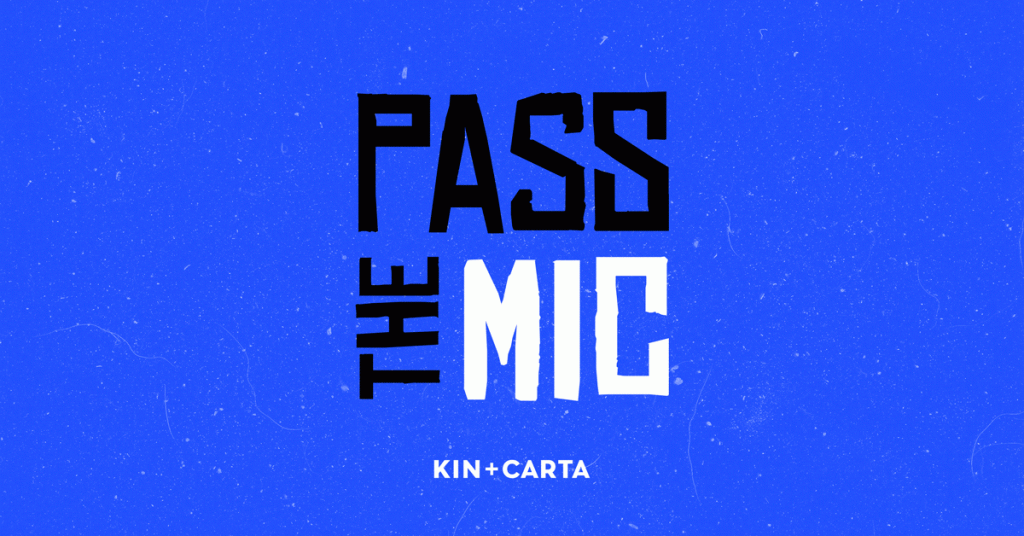How brands can become allies
Several conversations we’ve had with clients recently have been about whether and how companies and brands should get involved in social issues.
On-going activism for Black Lives Matter has brought renewed focus on what brands can and should do to help. At the same time, Kin + Carta is holding a series of events this month for LGBT+ History month, bringing another aspect of social justice to the fore.
There is ample evidence that consumers want brands to be more active in social issues. So it is clear that brands can engage with social issues. But which issues? And how?
What: Pick a cause, any causeThe short answer to the question of which issues brands should engage with is: it’s up to you. But whichever issue you choose, you have to live up to the commitment. Consumer insight can, in theory, tell you which issues are best aligned with your brand’s values, or most important for your target audience. From sustainability to discrimination, there is no shortage of topics on which we have heard people say they expect better behaviour from businesses. And it is good brand management to understand the things you are actively doing wrong and address them. But when it comes to more proactively campaigning on behalf of social causes, the choice has to be a matter of personal conviction. Soft drinks and sports shoes don’t have moral agency. The people who work there do, though. If an issue matters to you and your colleagues that is reason enough. And more pragmatically, that personal commitment is necessary – because consistent long-term activism for a cause is hard work, and it has the potential to be contentious both internally and externally. Taking up that challenge is not something to be decided by focus group. How: Action beats wordsThere is a difference between brands whose support for social issues is foundational and palpably authentic, and those whose involvement is superficial and half-hearted. That difference is action. Grafting on a likely-looking purpose is easily seen-through if not matched with concrete changes to how a business operates. Mark Ritson’s piece on brands’ engagement with the Black Lives Matter movement is excoriating on the subject. The title alone – If Black Lives Matter to Brands, Where are your Black Board Members? – should give you a taste of Ritson’s point. Part of the problem is that the businesses Ritson identifies are doing what they’re good at. Big brands are set up to deliver big public statements. Advertising, we call it. And it has some value beyond nebulously ‘raising awareness’ – it can help shape and inform public opinion. The risk is that it can also produce what social-psychologists call ‘moral licensing’; organisations that feel good about their public displays of virtue may be less inclined to act. Avoiding that trap means thinking critically at all points in your business about the stakeholders and consumers you listen to; the people you work with and employ; and the design of the products and services you deliver. |

Read more
1 / Kin + Carta Director of Employee experience Alan Durand shares his lived experiences and learnings with us — Find out more
2 / Kin + Carta Advise’s whitepaper on Ethical Business — Find out more




